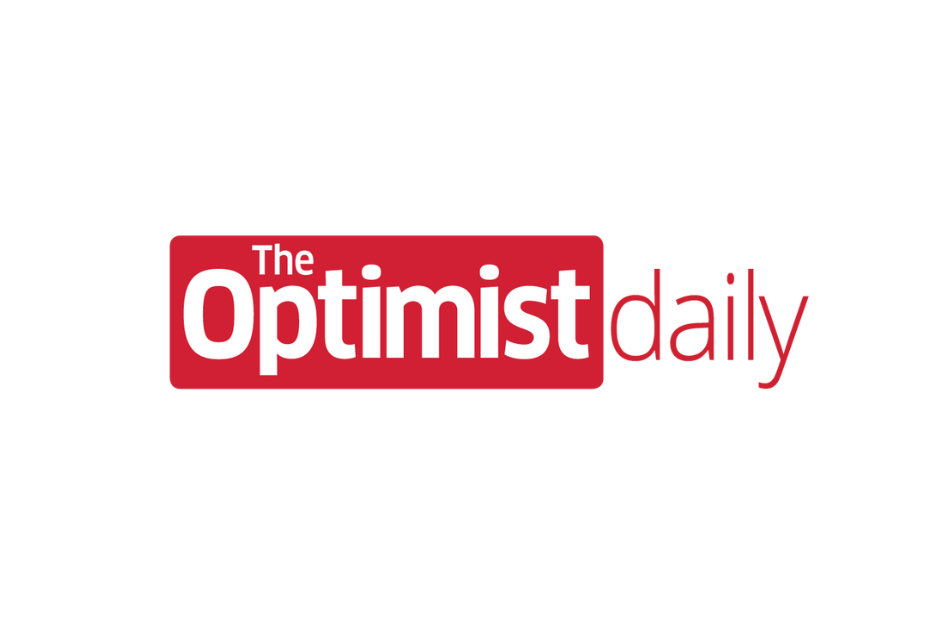For London trial attorney, Margaret McCabe, debate changed her life. It gave her the confidence to appear in court, to talk, and to argue for a living. She decided to bring debating to youth in London and started the nonprofit Debate Mate.
We sat down with McCabe, founder and CEO of Debate Mate, to learn more about the organization.
British Parliamentary Debate for everyone
The Debate Mate Program was developed based on the standard of the British Parliamentary Debate. Used by nearly all business, political, and social leaders in the UK, it wasn’t so familiar to people from lower-income backgrounds. This is something McCabe set out to change to level the field of opportunity.
“Within an elite system it is very elite, and it is very geeky,” McCabe said.
Debate Mate launched in the inner city with primary school children, some of whom were in gangs and had fallen through the system. Any available path to a more productive life for these children was not laid out. With such a “geeky” program to teach, we asked McCabe how she went about outreach to kids from this background.
“I don’t know if you know that song from a long time ago called ‘Just Another Brick in the Wall’ by Pink Floyd. ‘We don’t need no education…’ I was very angry with that all my life. I thought that was so wrong… because education is freedom. I think education is a passport out of wherever you come from. I got really cross about [that song]. So, I thought what we have to do is make education and intelligence cool.”
British Parliamentary Debate teaches debaters to argue a subject with only 15 minutes of preparation. It requires critical thinking but not expertise on a subject, and debaters don’t have to be highly educated to use it. McCabe felt it was the ideal starting point to teach kids.
Beginning with the large and lower-income Jamaican population in London, some of Debate Mate’s first kids were in gangs, from schools with the police always nearby. And McCabe was amazed by how well they debated. “They’re in schools with metal detectors… These kids were smashing it, we couldn’t believe how good they were… Now, we’ve got them in top jobs. We’ve got them in Oxford, we’ve got them in Harvard.”
Expanding the lessons
Debate Mate’s original investors, companies who spent millions of pounds a year recruiting from top universities, were so impressed with the kids’ debating skills that they asked Debate Mate to train their employees. This began Debate Mate’s corporate training program, where they teach the skills of debate to businesses. Many of these corporate teachers, McCabe said, are Jamaican.
Jamaica was the second country that Debate Mate brought its program to. Since then it has spread and become one of the world’s largest debating programs, having taught kids in the UK, US, Jamaica, Nepal, Dubai, Doha, Mexico, Pakistan, Rwanda, Kenya, Ghana, Nigeria, China, Japan, Korea, and Israel. Some of the alumni from the program go on to work in Debate Mate and teach the next generation of debaters.
There is a great social return on investment with Debate Mate, McCabe says. It teaches kids and professionals everywhere core confidence, critical thinking, research, and articulation. “Better citizens.” It offers children and adults from around the world the lucrative skills necessary to get into higher education and better jobs. It also helps train the workforces of the developing world, making them more competitive on an international level.
What’s next?
The Pandemic allowed Debate Mate to throw all their teachings online, and they’ve now organically grown to teach in 40 countries. They’ve reached tens of thousands of kids, and now with the new web platform and a TV documentary series coming out, according to McCabe, they’ll reach millions.
They now offer a whole range of subjects for people interested in law, medicine, even philosophy, and literature. And it’s no longer just about work and studies. Debate Mate debaters like to have fun too.
“We did some debates recently on Harry Potter: ‘With the Pandemic, is it time for the wizards to reveal themselves to the Muggle world.’ It’s great. We do fun ones. We did: ‘What is better? Gin or vodka?’”
You can check out Debate Mate debates on Youtube and learn more about their organization and history here.
Since starting in 2008, Debate Mate has changed the lives of countless students and professionals. It continues to expand to this day in different media, and they’re even teaching kids as young as three years old. The younger you start with kids the better because, as McCabe puts it to investors, the return on investment is huge.











